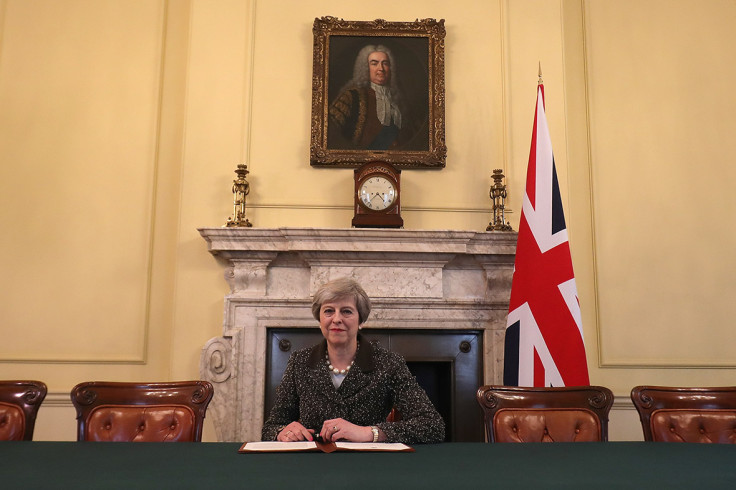Brexit: 'No major opportunities' for Britain's long-term economic growth, says Berenberg report
The multinational investment bank also highlighted the issue of Scottish independence.
Great Britain's departure from the European Union presents no major opportunities to develop long-term economic prospects according to an account issued by one of the world's oldest investment banks, Berenberg, published this week. Among the other issues flagged by the report, Brexit: key issues and facts as Britain heads for exit, was the position of strength of the EU compared to the UK in the negotiations process and the possibility of a split by Scotland from the UK.
Though the UK could strike new trade deals with non-EU members states, primarily in services, and possibly at a faster pace than the unwieldy beast of the EU's 27-state block, larger economies were generally better at securing preferential outcomes for themselves, the report argued. Without the weight of the other member states behind it, the UK would find itself almost always in a weaker position in trade negotiations, it said.
The only other potential benefit outlined by the report was the ability to further relax regulation. However, the report also argued that these circumstances, in a country that was already "one of the most lightly regulated economies in the developed world," would be harmful to the UK's ability to do business with other EU countries since doing so depended on adhering to EU common standards.
With the turnout at 72.2%, the 17,410,742 who voted to leave the UK accounts for 37% of those eligible to vote in the referendum. For the so-called 48% and anyone else still holding out hope of reconciliation between the UK and Europe, the report issued the unfortunate news that the estrangement looked highly likely to end in divorce at this stage.
Acknowledging receipt of Prime Minister Theresa May's letter triggering article 50 on Thursday, Tusk said there was "no reason to pretend this is a happy day".
He added: "There is nothing to win in this process and I am talking about both sides. In essence this is about damage control."
The report seemed to echo this sentiment, particularly for the UK, outlining a possible reduction in its long-term economic growth from 2.2% to 1.8%. The forecast was based on the assumption that Britain would lose its EU financial services passport.
https://t.co/tA1rkeM8FV BREXIT: KEY ISSUES AS BRITAIN HEADS FOR THE EXIT #Brexit #UK #EU #Article50 #economics #trade #macro pic.twitter.com/YJZLBEVGDu
— Berenberg Economics (@Berenberg_Econ) March 29, 2017
Though it wasn't all doom and gloom. Despite EU council president Donald Tusk's remarks earlier this week that Britain must make "sufficient progress" in its withdrawal from the Union before any negotiations around a trade deal could begin, the report set out a "good chance" that the UK would ultimately make an agreement. However, it pointed to the issue of immigration as a potential stumbling block in the ability to do so.
In terms of wider impacts of the departure from the EU, the report highlighted the possibility of a second referendum on Scottish independence. Though it said support for the issue had declined since the 2014 vote on the issue and estimated a 40% probability of such a split coming to pass.

© Copyright IBTimes 2025. All rights reserved.






















